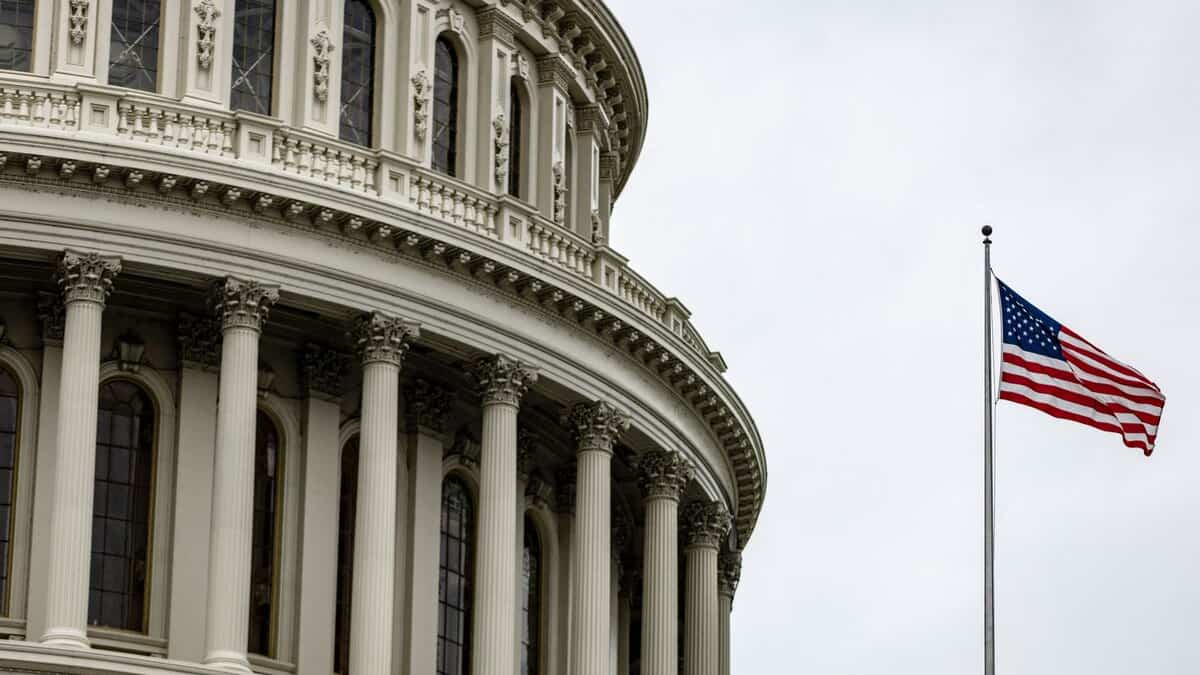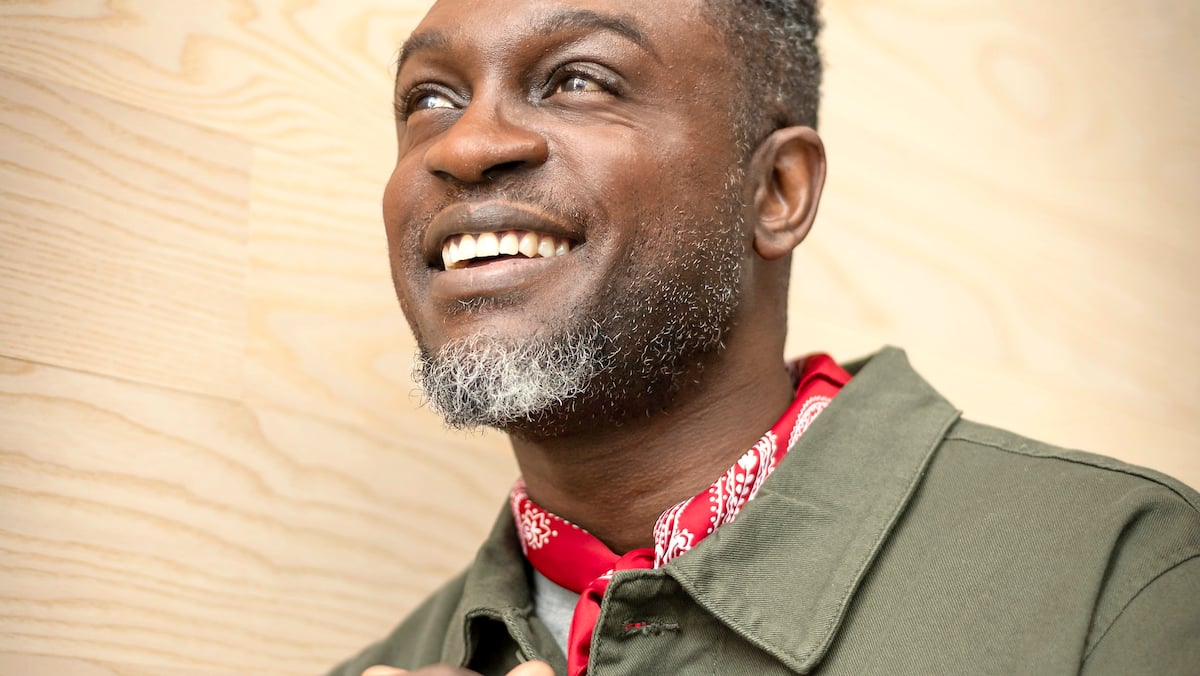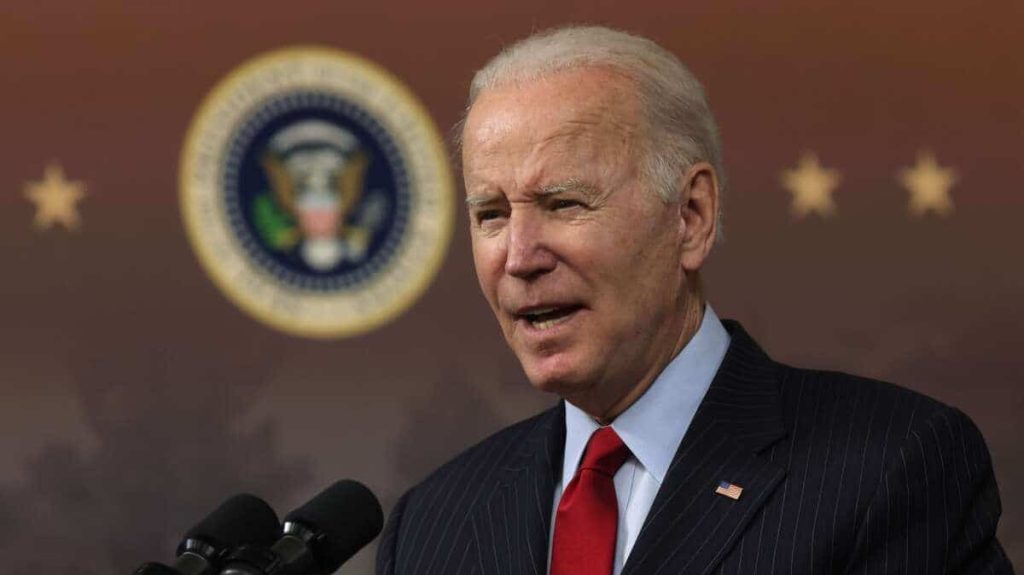US President Joe Biden on Wednesday angered Russia and China, which are not among the 110 countries and regions invited to his virtual summit for democracy in December.
• Read also: Biden invited about 110 countries to his summit on virtual democracy
“The United States prefers to create new dividing lines to divide countries into good, in its opinion, and bad,” Kremlin spokesman Dmitry Peskov said during a conference call.
Beijing has expressed its “strong opposition” to Taiwan’s invitation to attend the virtual summit.
“Taiwan has no other place in international law than that of an inalienable part of China,” Chinese diplomatic spokesman Zhao Lijian told the press.
And around the same time, the authorities of the island at the center of the rivalry between Beijing and Washington thanked the US president for his decision to invite Taiwan.
“Thanks to this summit, Taiwan will be able to share its experience of democratic success,” presidential office spokesman Xavier Chang told reporters.
The Asian giant counts Taiwan as one of its provinces, although it does not control the island of 23 million people.
In recent weeks, arms flows between Beijing and Washington have multiplied over the fate of a democratic region, its government, its currency and its army.
The US president has made no secret of it since his arrival at the White House in January: the struggle between democracies and “authoritarian regimes”, embodied in his eyes by China and Russia, is at the heart of his foreign policy.
One of the main pillars of this priority is the “Democracy Summit,” a campaign pledged for its first online edition on December 9-10 before a face-to-face meeting a year later.
India, often referred to as the “world’s greatest democracy”, will be present despite repeated criticism from human rights advocates for its prime minister, Narendra Modi. So does Pakistan, despite its volatile relationship with Washington.
Turkey, Washington’s NATO ally, but whose President Recep Tayyip Erdogan, whom Joe Biden has dubbed a “tyrant,” is not among the participating countries either.
In the Middle East, only Israel and Iraq were invited. The traditional Arab allies of the Americans, Egypt, Saudi Arabia, Jordan, Qatar and the UAE are absent.
Joe Biden also called for Brazil led by controversial far-right President Jair Bolsonaro.
In Europe, Poland was represented, despite repeated tensions with Brussels over respect for the rule of law, but Hungary under Prime Minister Viktor Orban is not.
On the African side, the Democratic Republic of the Congo, Kenya, South Africa, Nigeria and Niger are among the invited countries.
“There are good reasons for having a wide range of representatives: it allows for a better exchange of ideas,” Laleh Esfahani of the Open Society Foundation told the First Summit.
For her, rather than making it an anti-China meeting — “that would be a missed opportunity” — Joe Biden should take advantage of these meetings that will bring together leaders and civil society “to attack the crisis represented by the dangerous decline in democracy around the world, including the relatively solid models Like the United States.”

“Total coffee aficionado. Travel buff. Music ninja. Bacon nerd. Beeraholic.”







More Stories
Screens are still very present in Swedish schools
The world in pictures | Journalism
[IMAGES] Someone tries to set himself on fire outside Trump's courthouse